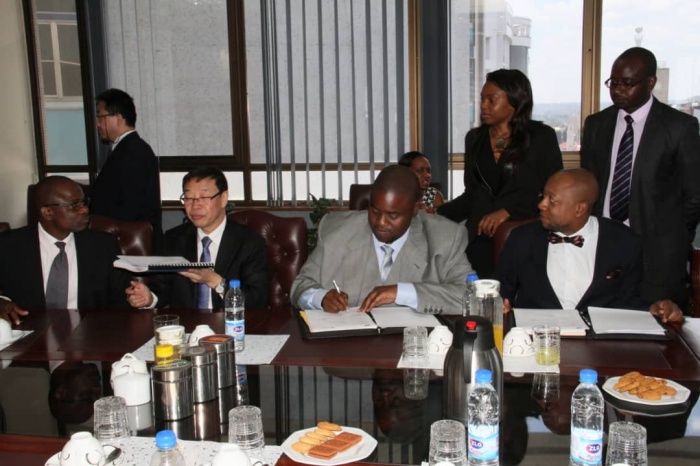ZPC withdraws case against Intratrek
By Fidelis Munyoro
Zimbabwe Power Company (ZPC) has withdrawn its application for leave to appeal against the High Court decision allowing Intratrek Zimbabwe Pvt Ltd to enforce the court’s order to proceed with work on the Gwanda Solar Project, pending the former’s appeal to the Supreme Court.

ZPC is challenging the High Court ruling granting Intratrek the relief it sought, declaring that the contract signed between the parties in October, 2015 is still valid and enforceable at law.
The order further sought that if ZPC does not engage Intratrek by February 13, 2019, they would be deemed to have repudiated the contract and liable to pay full damages in the sum of $25 million to Intratrek.
Aggrieved by the ruling, ZPC appealed to the Supreme Court.
However, the company had to clear a procedural hurdle in that its proposed appeal to the superior court was conditioned upon, the granting of leave to appeal by a judge of the High Court.
The application it withdrew was intended to clear the hurdle of obtaining leave to appeal.
Justice Tawanda Chitapi on Wednesday allowed the withdrawal by ZPC and ordered it to pay wasted costs plus those incurred on the set down date.
In June this year, Justice Chitapi granted an application by Intratrek to proceed with the 100 megawatts Gwanda solar project, which had stalled after a contractual dispute with ZPC.
At the time, Justice Chitapi said he had granted the application by Intratrek for execution of the earlier judgment pending ZPC’s appeal at the Supreme Court on the grounds the power utility has very little prospects of success.
The judge said in his ruling that it was disgraceful that national projects were stalled by contracting parties having merry dances in courts and board rooms instead of project sites and seeing the project to fruition.
“It has already been observed that the subject matter of the contract is of immense national importance,” he said.
“It is of public interest. The public wants electricity for use at home and in industries. The public is not interest in bickering for self-interest and egos.” The Herald






